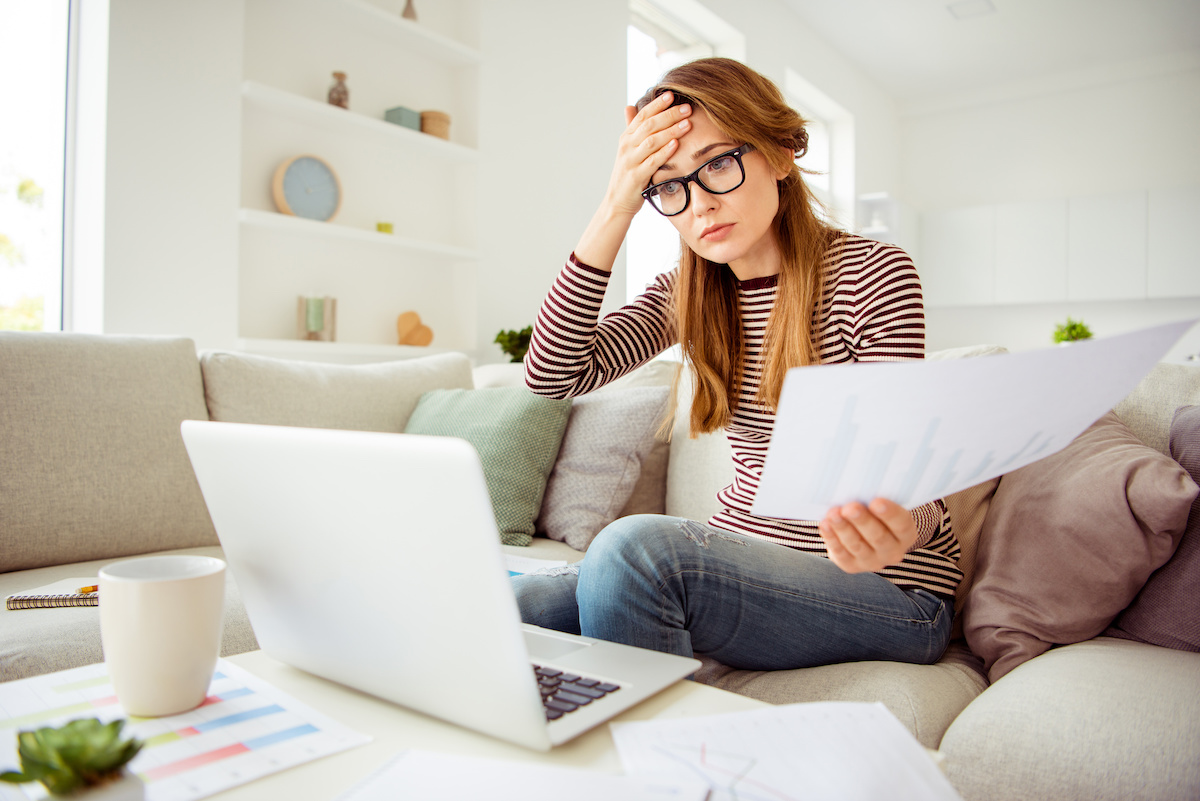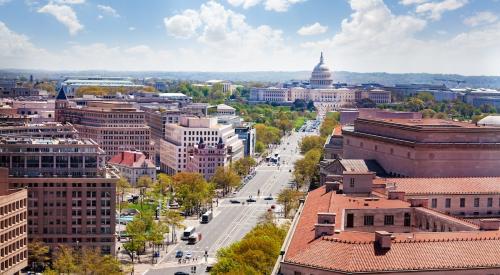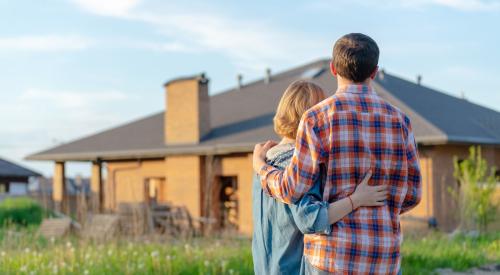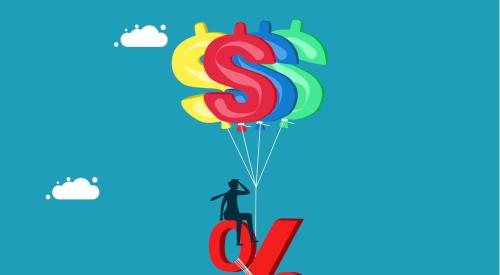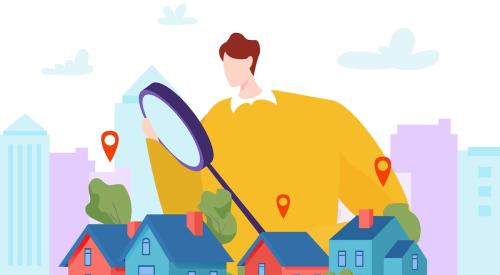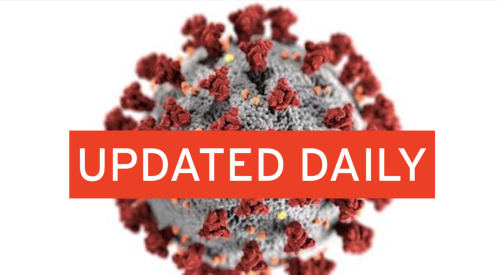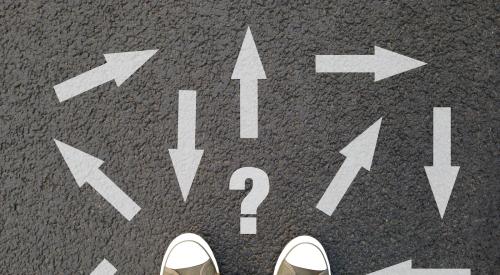Buyers snatched up homes during the pandemic housing market’s most intense times, looking to take advantage of low mortgage rates and a renewed perspective on their homes, and some regret it. Trapped inside their two-bedroom apartment in Manhattan, a family of four opted to purchase a second home: a four-bed, four-bath development on 1.5 acres just 90 minutes north of the city. But now as vaccine rates increase, the family questions if they will be using their escape home and if the car purchase, a necessary buy for driving to said home, was practical, says Realtor.com. One financial analyst says the novelty of a new home will wear off, but the mortgage will not.
Moskovitz admits that she would never have considered purchasing a home so far from the city if not for the pandemic. But she and her husband now plan to use it for holidays and to get out of the city some weekends. The rest of the time they plan to list it as a short-term rental to make some extra cash.
“We were totally feeling claustrophobic in the city. We were acting out of a little bit of panic,” says Moskovitz. “We went a little nuts. We didn’t think it through.”
More people made impulsive decisions during the pandemic, says Jelena Kecmanovic, a clinical psychologist based in the Washington, DC, area.
Purchasing a home during a public health crisis, social unrest, and political turmoil offered a sense of control, she says. It allowed buyers to feel like they were protecting their families. There was also an element of peer pressure, as many saw their friends and neighbors buying larger homes or moving out of the cities.
“We were constantly in this state of anxiety for a long time. The part of the brain that helps us make more deliberate decisions just wasn’t working as well,” Kecmanovic says. “No wonder we made decisions we deemed imperfect later.”
